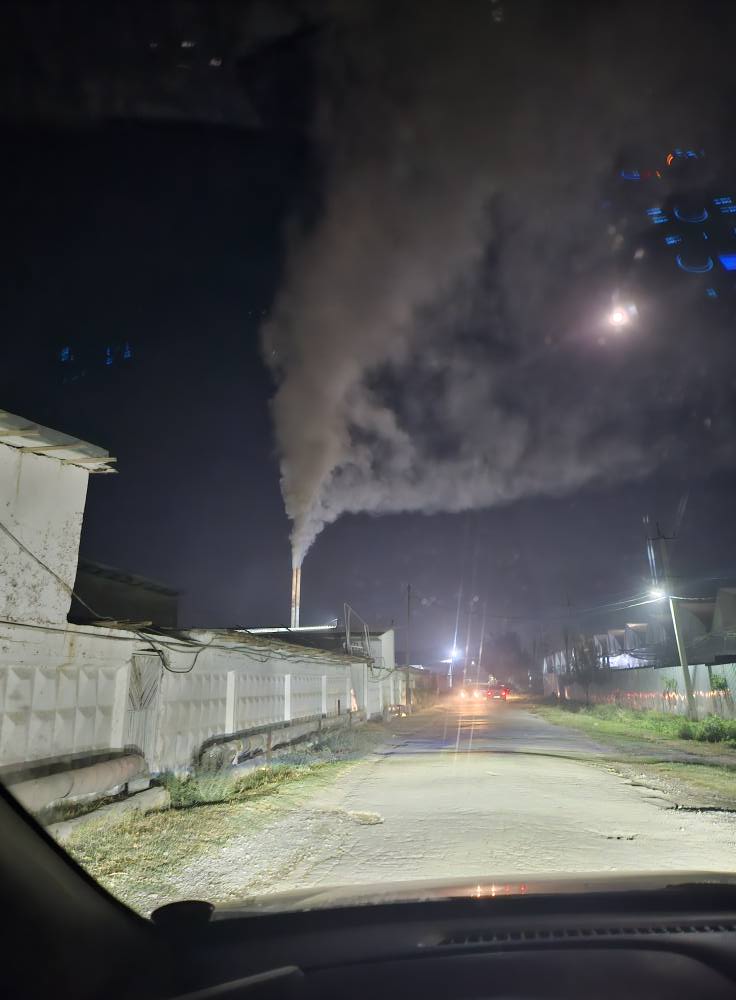This article is also available in:
Русский (Russian)
Uzbekistan continues to experience rapid development in the construction sector, but this progress comes with growing environmental challenges. One of the most pressing issues is air pollution caused by dust and sand debris lifted from construction sites. Today, deputies approved in the first reading a draft law aimed at preventing air pollution and increasing the accountability of construction companies.
Why is this necessary?
Large-scale construction and urbanization contribute to the deterioration of air quality. Dust carried by the wind from unprotected construction sites negatively affects citizens’ health and the environment.
Currently, there are no clear regulations or liability for air pollution caused by dust during construction activities. As a result, many developers ignore environmental standards, prioritizing cost savings over compliance.
What does the draft law propose?
- Accountability: Establishing liability for responsible individuals in construction organizations for violations of air protection regulations.
- Oversight: Assigning the State Environmental Control Inspectorate as the responsible authority for detecting violations and holding offenders accountable.
- Monitoring Tools: Utilizing visual methods and specialized equipment, such as an “aspirator,” to measure air pollution levels at construction sites.
- Penalties: Imposing fines based on measurements that align with established hygienic standards for construction activities.
But is this enough?
The fines must not be symbolic. They need to be substantial enough to make even large construction companies take them seriously. These penalties should be so significant that developers feel the financial impact and are forced to reconsider their approach to complying with environmental standards. Light punishments may be perceived as “a slap on the wrist,” undermining the law’s intended effect.
What’s next?
If the draft law is enacted, construction companies will need to adopt a more serious approach to environmental concerns. However, for the law to be truly effective, robust oversight, transparency in recording violations, and active public involvement in monitoring will be essential.
Environmental problems require decisive actions, not half-measures. The draft law is a step in the right direction, but its success will depend on strict rules and consistent enforcement.
The article may contain inaccuracies as it is translated by AI. For more details, please refer to the Russian version of the article. If you notice any inaccuracies, you can send corrections via the Telegram bot: Uzvaibik_bot.



